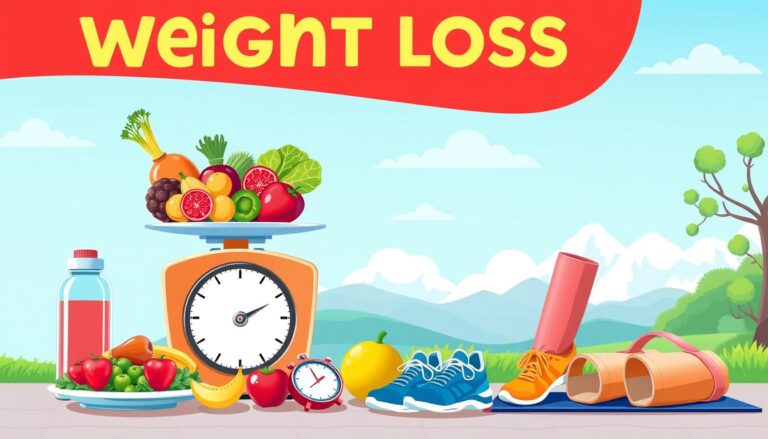Optimize Health: Vitamin C Guidelines Demystified
To optimize your health with Vitamin C, aim for various benefits. Vitamin C helps reduce cancer risk, supports skin health, and aids wound healing. Get your daily dose by eating guava, strawberries, or cantaloupe. Remember, Vitamin C is essential for collagen production and iron absorption. Be cautious with high doses to prevent side effects like diarrhea. Stick to recommended intake levels for safety. If you want to uncover more about Vitamin C guidelines, explore its perks on skin elasticity, health benefits, and the importance of proper intake for your overall well-being.
Key Takeaways
- Vitamin C supports immune function by enhancing white blood cell activity.
- High doses can saturate absorption pathways, leading to increased urinary excretion.
- Vitamin C aids in collagen production, skin health, and wound healing.
- Exceeding 2,000 mg/day may cause diarrhea; adhere to recommended intake levels.
- Vitamin C is crucial for iron absorption and reducing the risk of cancer.
Health Benefits of Vitamin C
Exploring the health benefits of vitamin C can shed light on its role in reducing the risk of various cancers and slowing the progression of macular degeneration. Vitamin C plays an essential role in maintaining skin health by aiding in collagen production, which is necessary for skin elasticity and wound healing.
Additionally, vitamin C is well-known for its immune support properties, helping your body fight off infections and illnesses more effectively. By incorporating vitamin C-rich foods like guava, strawberries, and bell peppers into your diet, you can't only enhance your skin's health but also boost your immune system's functioning.
Prioritizing vitamin C intake can be a simple yet impactful step towards overall well-being.
Recommended Daily Intake of Vitamin C
Understanding the significance of meeting the recommended daily intake of vitamin C is essential for maintaining peak health and well-being.
- Vitamin C Sources:
- Guava (1 medium) – 165 mg
- Strawberries (1 cup)
- Cantaloupe (1/4 medium)
- Absorption Mechanisms:
- Vitamin C is absorbed in the small intestine through active transport and simple diffusion.
- Vitamin C enhances non-heme iron absorption when consumed together.
- High doses of vitamin C can saturate absorption pathways, leading to increased urinary excretion.
Safety and Considerations for Vitamin C
When considering the safety and implications of vitamin C intake, it's important to be aware of certain factors that can impact its effectiveness and potential side effects.
Vitamin C is water-soluble and mostly excreted in urine, making it vital in recommended amounts. However, high doses can lead to symptoms like diarrhea. Excess vitamin C intake is generally excreted in the urine, but consistently high doses may pose potential risks.
It's essential to adhere to the recommended daily intake levels and the tolerable upper intake level of 2,000 mg per day to avoid adverse effects. While supplements in appropriate amounts are considered safe for most individuals, exceeding the recommended dosage can result in unwanted side effects.
Conclusion
To summarize, comprehending the guidelines for vitamin C intake is essential for optimizing your health.
Did you know that according to the National Institutes of Health, the recommended daily intake of vitamin C for adults is 75-90 mg for women and men respectively?
By incorporating vitamin C-rich foods into your diet and consulting with a healthcare professional, you can reap the numerous benefits of this essential nutrient and support your overall well-being.
Stay informed and prioritize your health with vitamin C!







